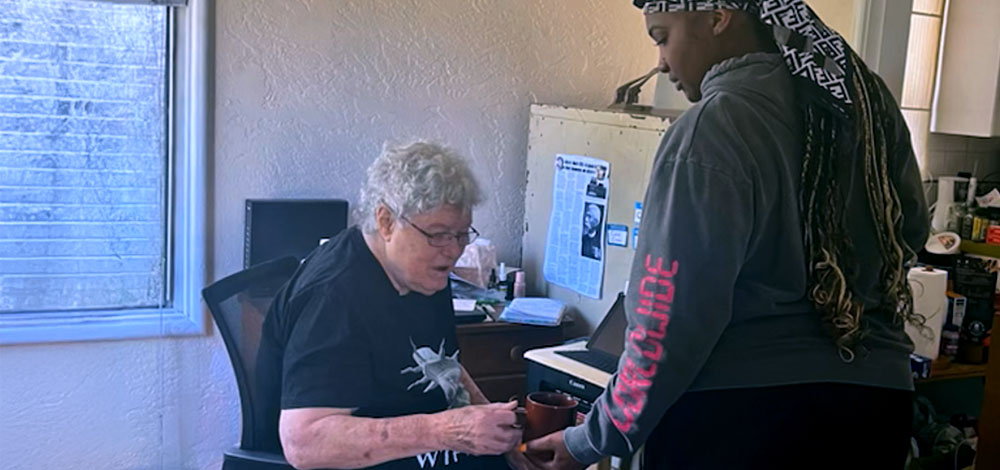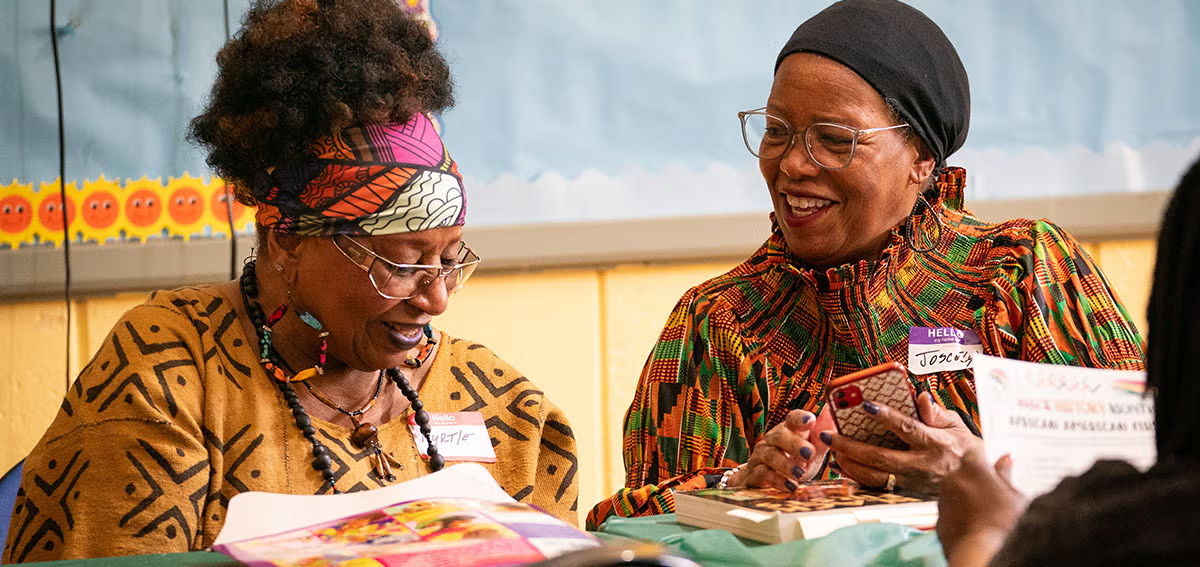For successful integration of generalist palliative care, health care systems need to invest up front to develop programs and sustain the work. In addition to the key ingredients for successful program implementation, the resources required include access to training and protected staff time.
Access to Training
Training on new skills is a core requirement for the implementation of generalist palliative care programs. Established and high-quality training programs available through the Center to Advance Palliative Care (CAPC), VitalTalk, the California State University Shiley Haynes Institute for Palliative Care, and others can support many learning and training needs, freeing teams from having to create their own training content and, in many cases, allowing learners to take courses on their own timeline and at their own pace.
To help ensure new skills are effectively applied, some teams combine these external trainings with regular live discussion forums to review key concepts addressed in the learning modules and to discuss cases. Others support learning by offering office hours for new learners to review core module concepts, address questions, and discuss relevant cases. Some teams get support from their organization’s internal training resources and can develop simulation cases and custom training modules. To sustain these educational interventions over time, some teams integrate these courses or other content into annual trainings and resident education.
“The [CAPC] curriculum benefits the entire institution in all service lines. CAPC education modules align with institutional priorities to improve our satisfaction scores. [They] also align with our education mission as one of the largest teaching hospitals in the country.”
—Palliative care lead
Protected Staff Time
Providing staff the time to plan, develop, and implement generalist palliative care interventions is critical. Palliative care staff need time to engage partner service lines, plan interventions, coach their partner service line team members, and support development of new metrics and workflows. Service line partners need protected time for trainings, case conferences, and establishing and learning new workflows. Giving the service line target audience a variety of supports through training combined with consultation and mentoring helps increase engagement and project adoption. Doing so requires protected time for both the palliative care team and the partner service line team. In addition, successful projects need someone on the team to provide project management support (e.g., schedule trainings, facilitate team meetings, track responsibilities, and follow up).
“For us to be able to spread the word of generalist palliative care, I want to make sure our team is connected with their professional society memberships and that they are trained, have credentials, and have the tools they need to spread good quality palliative care to other service lines. So although we were working with a service line focused on developing their basic palliative care skills, I was working on my own team at the same time.”
—Palliative care lead
“While self-directed modules like CAPC are incredibly helpful to educate providers about generalist palliative care, a lot of the best learning is hands-on. This takes time, which is a barrier, because our main duties are direct patient care. It also takes financial resources.”
—Palliative care lead




